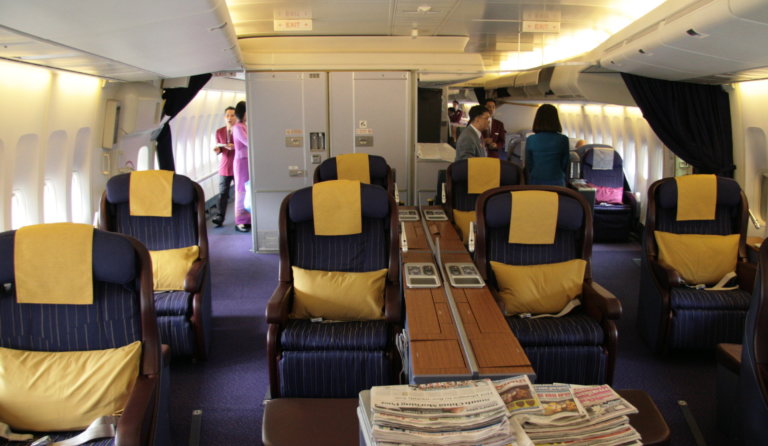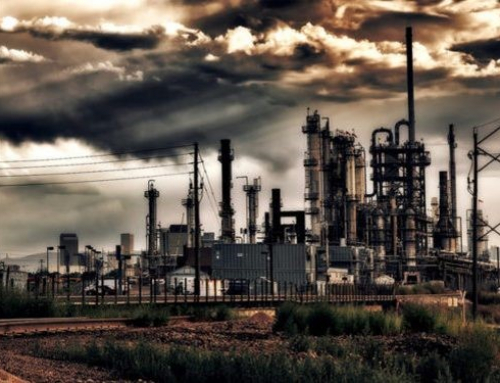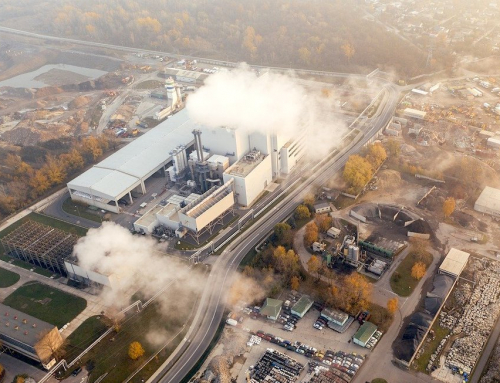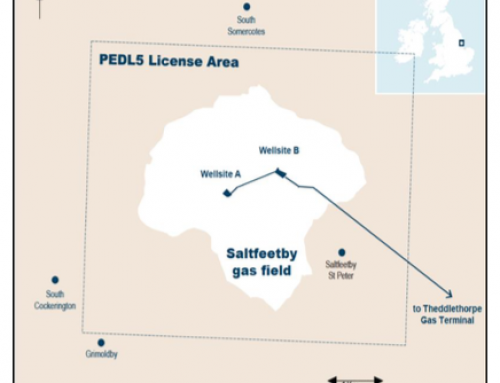This article first appeared on the www.climatenewsnetwork.net website
By Paul Brown
Wealthy frequent flyers who take several holidays a year should pay higher taxes each time they fly, a British charity says.
Although low-cost high-volume air travel has grown hugely this century, only a small proportion of the population, mostly in the world’s richest countries, ever take a flight – the frequent flyers who can afford to do so.
It is estimated that less than 20% of the world’s population has set foot on a plane, and of those that do fly, most travel by air once a year or less often, while the richest few take several flights annually.
This matters, because aviation is a significant driver of climate change, and to prevent the world overheating dangerously pollution from aircraft has to be curbed.
One suggestion is that people who take many flights should pay a rising tax. Everyone’s first flight would be tax-free, to protect people taking one holiday a year, but frequent flyers, many of whom take a series of holidays, would pay an increasing tax for each extra flight in any calendar year.
Richest fly most
In a report, Elite Status, the UK-based charity Possible says that since it is the richest minority that flies most, this extra charge per flight would be a progressive tax – in other words, the people who could most easily afford it would pay the most.
The report says: “When it comes to climate change, air travel is uniquely damaging behaviour, resulting in more emissions per hour than any other activity – bar starting forest fires. This paper shows that it is also uniquely iniquitous. Everybody eats. But only the privileged few fly.”
The report looks at the state of flying before the Covid pandemic and analyses which are the countries that take most flights, and in each state what a tiny proportion of the population does the flying.
It comments that attempts by politicians to return aviation to its former growth trajectory “by throwing public money at airlines” is going hand-in-hand with an awareness of the damage that flying does to the planet.
“Air travel is uniquely damaging behaviour … it is also uniquely iniquitous. Everybody eats. But only the privileged few fly”
It says the “fair, equitable and just” way to drive down aviation emissions is a frequent flyer levy. This would affect fewer than 1% of the world’s richest people, who account for more than half the passenger emissions generated by air travel.
One surprising finding in the report is that five nationalities (out of nearly 200 countries in the world) accounted for one third of all passengers on international routes in 2018.
Top of the table was the United Kingdom with 126.2 million flights, or 8.6% of the world’s passengers. The US came second with 111.5m, 7.6% of the total, and third was China with 97m (6.6%). Germany and France followed close behind.
Despite the high proportion of Europeans taking to the air compared with many less prosperous parts of the globe, there was still a very high proportion of the population (190m or 37%, excluding eastern Europe) who had never been outside their own country, and more than half had never left the European Union.
Covid brings change
In 2010, as economies in the EU began to recover from the 2008 financial crash, 20% of the highest-income households were responsible for more than half of all expenditure on air travel, and for 14 times the expenditure of the 20% of lowest-income families.
A more recent statistic is that people on business are generally the most frequent flyers, with 10 or more flights a year, although on average air travellers take five flights annually, showing a tiny minority do most of the flying.
The report suggests that the coronavirus pandemic may change this pattern, with business flights being reduced because video conferencing has become both acceptable and time-saving.
The evidence from across the world, even in less-developed countries, is that everywhere, frequent flyers have higher incomes. It follows that, if international policies to control aviation’s climate impacts increase the cost of flying, this will impose greater costs on globally wealthy households. – Climate News Network





